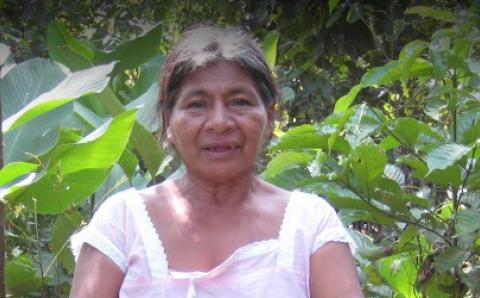You may know that synod is our denomination’s annual leadership meeting. Our “broadest assembly” has final say over all matters denominational. It makes decisions on issues that affect us all: doctrinal, ethical, pastoral, and whatnot. It mandates our denominational agencies and ministries to do the work we best do together. And it holds our classes (regional groupings of churches) and congregations accountable to the Bible, our confessions, and the Church Order.
Here are 20 things you probably don’t know about synod:
1) “Synod” is Greek for “roads coming together.” 2) Most often, the “roads” of the 188 delegates (four from each classis), together with some advisors, converge for a week in June in Grand Rapids, Mich. 3) But some years synod meets elsewhere. 4) This year synod meets at Central College in Pella, Iowa, where it will conduct some joint sessions with the synod of the Reformed Church in America.
5) Synod’s authority is “delegated authority,” so it usually doesn’t overrule decisions of local councils, 6) which have “original authority.” 7) However, sometimes synod can depose an entire council, even “disaffiliate” an errant congregation, 8) which almost never happens.
9) Between synod meetings the Board of Trustees of the CRCNA carries out synod’s wishes. 10) Its delegates are appointed by the classes. 11) Synods have lots to talk about—the Agenda for Synod usually runs more than 400 pages. 12) Three main sources provide discussion/decision fodder: reports from committees synod has commissioned, reports from the CRC’s agencies and ministries (consolidated into the mother of all reports by the denomination’s executive director), and “overtures” from classes, congregations, and individuals asking synod to do or not do something. 13) Any CRC member can recommend to synod changes in our teachings, practices, or ministries—or appeal decisions of church councils or classes. 14) To do this, you start from the local level: for example, if you want synod to add “You Ain’t Nothin’ but a Hound Dog” to our denominational songbook, you would ask your local council to “overture” your classis. If your council agrees, it will take your request to classis. If classis agrees, then it will overture synod. 15) If your council demurs, you can overture classis yourself, and classis can take the matter further if it wants. If it doesn’t want to, then you can make your own case directly to synod.
16) All delegates to synod are divided into eight or so “advisory committees” that pre-chew specific agenda items so they can help synod make decisions more efficiently (it works!). 17) So the first few days of synod are mostly devoted to these smaller meetings.
18) The Agenda for Synod is published in book form in mid-April and posted online at crcna.org by April 1. 19) After that date, delegates also receive supplementary reports, most of which also get posted.
20) The reason I’m saying all this inFebruary is that in order to get any significant input into synod’s conversations we need to be on the ball locally. It takes significant advance time to engage the process.
What happens at synod really matters. So tune in early—and lend your voice to this fascinating yearly conversation.
About the Author
Bob De Moor is a retired Christian Reformed pastor living in Edmonton, Alta.









